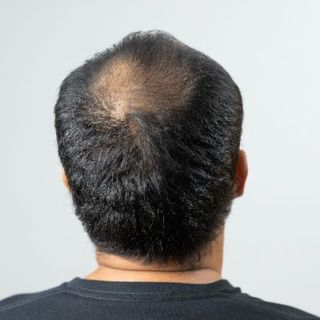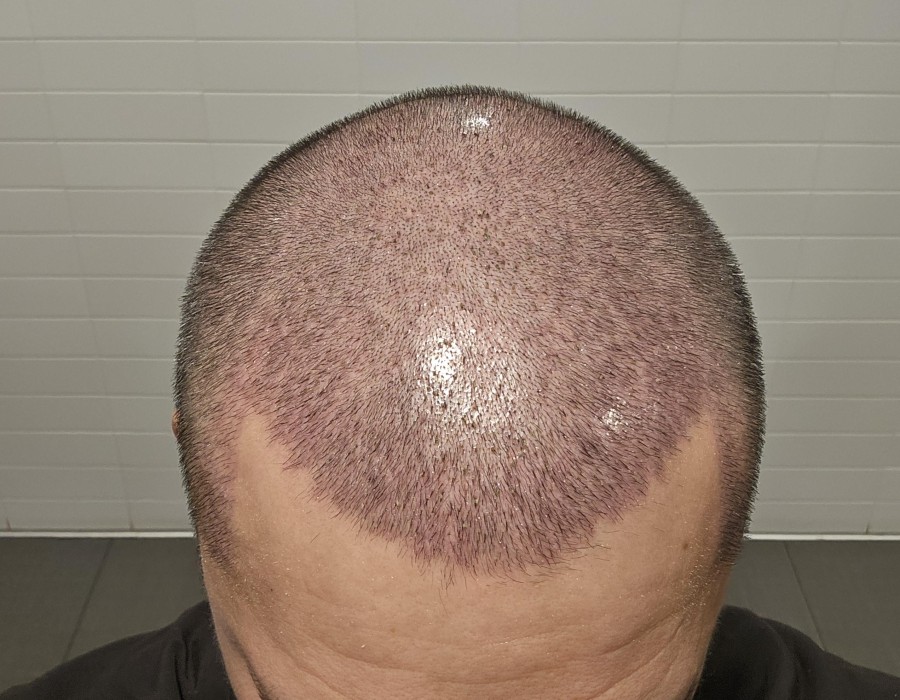Hair loss can be a distressing experience, especially when it affects the crown area, leading to a receding hairline. Many individuals seek solutions like Crown Hair Transplant in Dubai and other regions to restore their natural hairline. A common question that arises is whether this procedure is FDA-approved. Understanding the regulatory status of hair transplants can help individuals make informed decisions about their treatment options.
What Is a Crown Hair Transplant?
A crown hair transplant is a surgical procedure designed to address baldness or thinning hair in the crown (vertex) area of the scalp. It involves extracting healthy hair follicles, typically from the back or sides of the head (donor area), and implanting them into the balding crown. The two primary techniques used are Follicular Unit Transplantation (FUT) and Follicular Unit Extraction (FUE).
This procedure is popular among those experiencing pattern baldness, as it provides a permanent solution by relocating hair follicles resistant to balding. However, the critical concern for many patients is whether the treatment meets regulatory standards, particularly FDA approval.
Understanding FDA Approval for Hair Transplants
The U.S. Food and Drug Administration (FDA) regulates medical devices, drugs, and certain procedures to ensure patient safety and efficacy. When it comes to crown hair transplants, it's essential to clarify what aspects of the procedure fall under FDA oversight.
Are Hair Transplant Procedures FDA-Approved?
The FDA does not "approve" surgical procedures themselves. Instead, it regulates the medical devices and tools used during these procedures. For example:
- FUE Devices: Some automated FUE extraction tools have received FDA clearance for hair transplantation.
- Laser Therapy Devices: Low-level laser therapy (LLLT) devices used in conjunction with hair restoration may also be FDA-cleared.
However, the actual crown hair transplant surgery, as a technique, is not subject to FDA approval since it is considered a surgical practice rather than a medical device or drug.

FDA-Approved Hair Loss Treatments
While the transplant procedure itself isn’t FDA-approved, certain medications and devices used alongside hair restoration may be. These include:
- Minoxidil (Rogaine): An FDA-approved topical treatment for hair regrowth.
- Finasteride (Propecia): An oral medication approved for male pattern baldness.
- LLLT Devices: Some laser caps and combs have FDA clearance for promoting hair growth.
Patients considering a crown hair transplant should consult with a qualified specialist to determine if additional FDA-approved treatments could enhance their results.
Safety and Efficacy of Crown Hair Transplants
Since the FDA does not regulate the surgical aspect of hair transplants, patients must rely on other indicators of safety and effectiveness.
Choosing a Qualified Surgeon
The success of a crown hair transplant largely depends on the surgeon's skill and experience. Board-certified dermatologists or plastic surgeons with specialized training in hair restoration are best equipped to perform these procedures.
Potential Risks and Complications
While generally safe, crown hair transplants may carry risks such as:
- Infection at the donor or recipient site
- Scarring (more common with FUT)
- Unnatural-looking hair growth if not performed correctly
- Temporary shock loss (shedding of transplanted hair)
Selecting a reputable clinic with a proven track record minimizes these risks.
Alternatives to Crown Hair Transplants
For those hesitant about surgery, non-surgical options may help slow hair loss or improve thickness:
- Medications: Minoxidil and finasteride can help maintain existing hair.
- PRP Therapy: Platelet-rich plasma injections may stimulate hair growth.
- Scalp Micropigmentation: A cosmetic tattooing technique that mimics the appearance of hair follicles.
However, these alternatives may not provide the same permanent results as a crown hair transplant.
Final Thoughts:
While the crown hair transplant procedure itself is not FDA-approved, the tools and medications used in the process may have regulatory clearance. The key to a successful outcome lies in selecting an experienced surgeon and understanding both the benefits and limitations of the treatment.






Comments